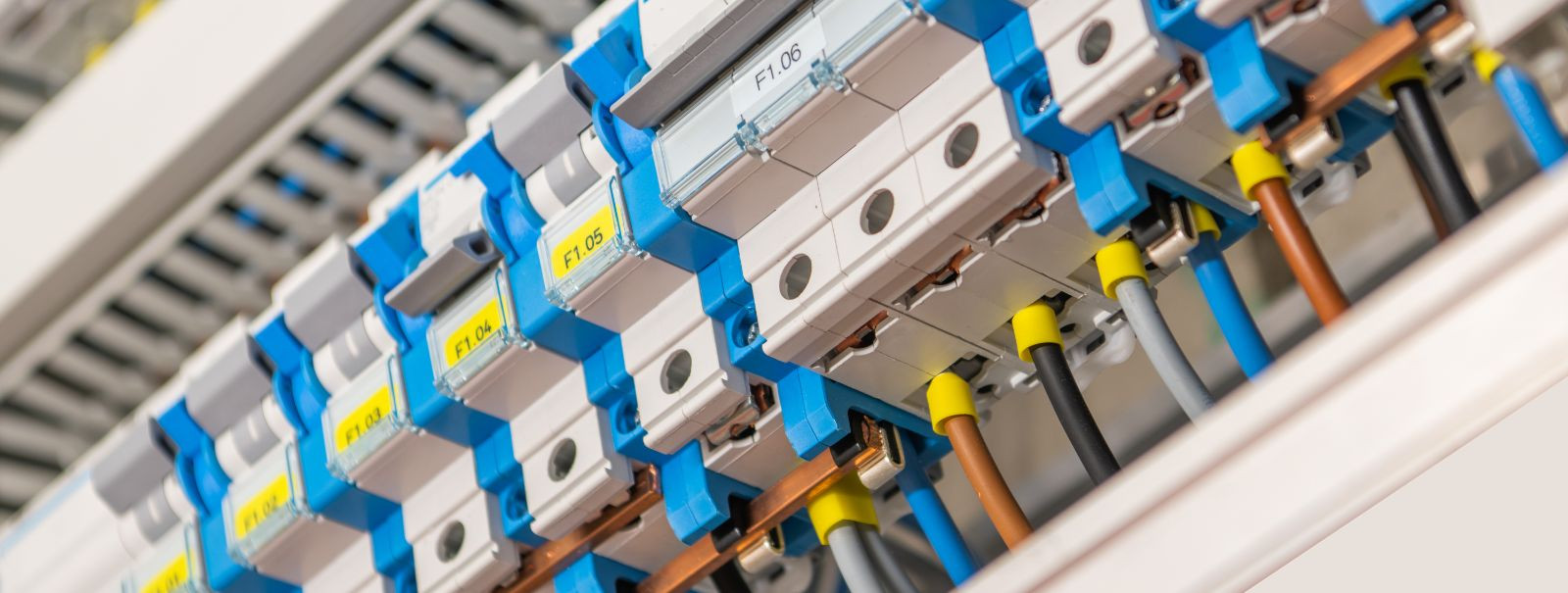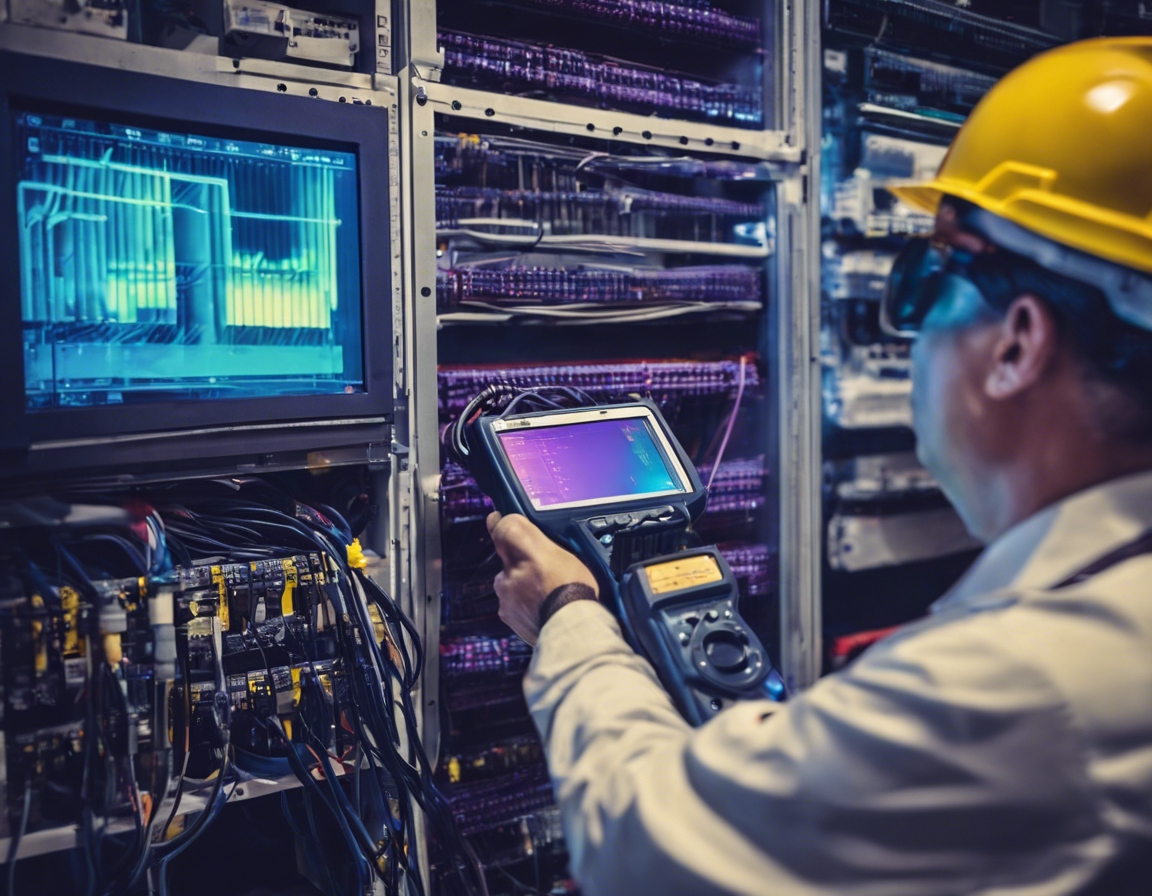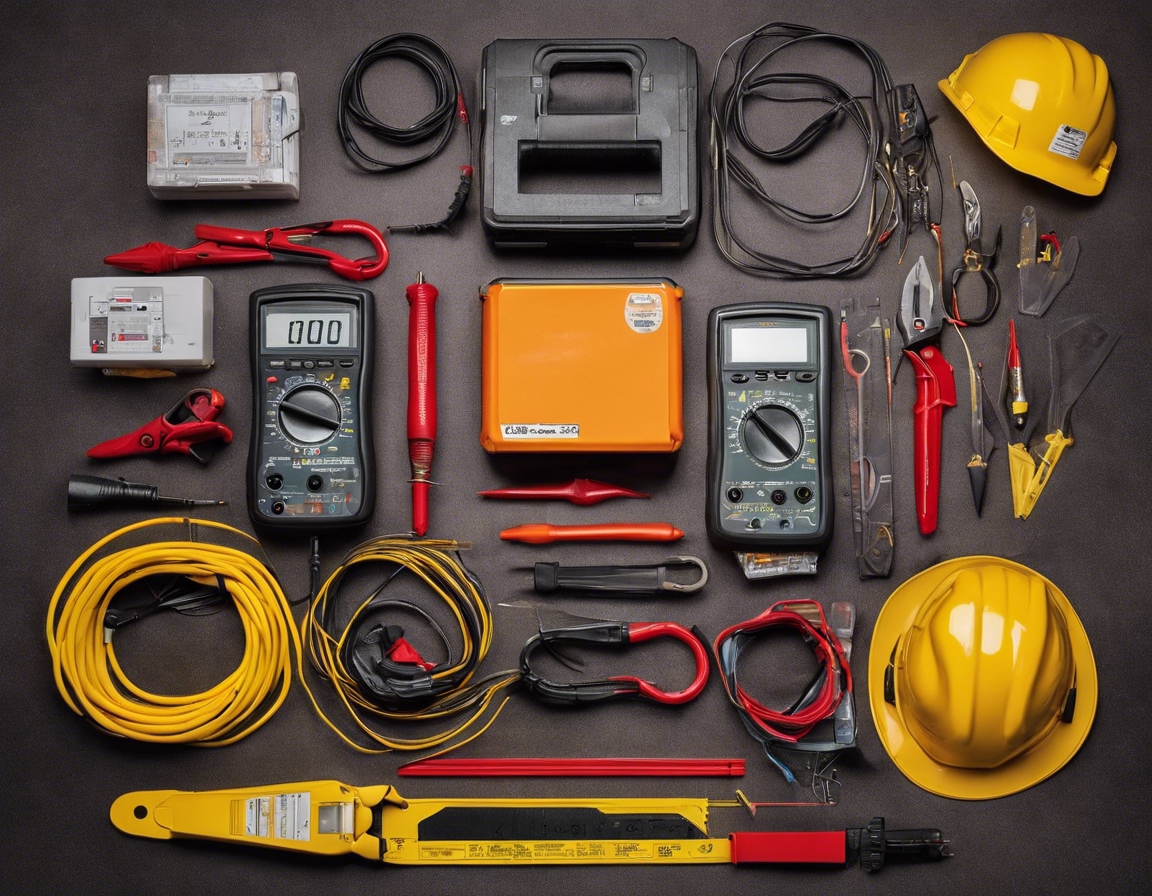How to choose the right electrical equipment for your business
Before diving into the purchase of electrical equipment, it's crucial to understand the specific needs of your business. This means taking a close look at your daily operations, the types of machinery you use, and the overall electrical load your business requires. A thorough assessment will help you determine the scale and complexity of the electrical equipment needed.
Calculating the total power requirements for your business is a fundamental step. This involves listing all electrical devices and machinery, understanding their power consumption, and adding up their cumulative load. This will ensure that you choose equipment that can handle your business's demand without risking overloads or frequent breakdowns.
Technology and businesses evolve, and so should your electrical system. Opting for modular and scalable electrical solutions can save you from costly upgrades in the future. Consider the potential for business growth and the likelihood of integrating new technologies when selecting your equipment.
Compliance and Safety Standards
Adherence to local and international electrical standards is non-negotiable. Familiarize yourself with the regulations that apply to your area and industry. This will not only ensure the safety of your operations but also prevent legal issues that could arise from non-compliance.
Electrical equipment should have the appropriate certifications and ratings, such as UL, CE, or ISO. These certifications are indicators of quality and safety, and they confirm that the equipment has been tested to meet stringent standards.
Quality and Brand Considerations
When it comes to electrical equipment, the reputation of the brand and the reviews from other users can provide valuable insights. Look for brands with a proven track record of reliability and customer satisfaction. Online forums and industry contacts can be great resources for gathering opinions.
Warranty terms and the availability of support services are important factors to consider. A longer warranty period and accessible technical support can greatly influence the total cost of ownership and the longevity of your electrical equipment.
Energy Efficiency and Sustainability
Opting for energy-efficient equipment can lead to significant cost savings over time. Look for features such as adjustable power settings, high-efficiency ratings, and smart technology that can optimize energy use.
Choosing equipment with a lower environmental impact aligns with global sustainability goals and can enhance your company's green credentials. Consider the materials used in the equipment, its energy consumption, and the manufacturer's environmental policies.
Technical Specifications and Compatibility
Electrical specifications can be complex, and it's essential to understand the technical jargon before making a purchase. Terms like voltage, current, phase, and IP rating should be familiar to you, or you should seek advice from a professional to interpret them.
It's important to ensure that new electrical equipment is compatible with your existing systems. This includes checking for the right voltage, connectivity options, and physical dimensions. Incompatibility can lead to additional costs and delays in integration.
Cost-Benefit Analysis
While the initial cost is an important consideration, it's also vital to look at the long-term savings that energy-efficient and durable equipment can provide. A higher upfront cost might be justified by lower operating expenses and a longer lifespan.
Finally, consider the financial aspects of your purchase. Financing and leasing options can make high-quality equipment more accessible by spreading the cost over time. Evaluate the terms and conditions carefully to ensure they align with your business's financial planning.






Comments (0)